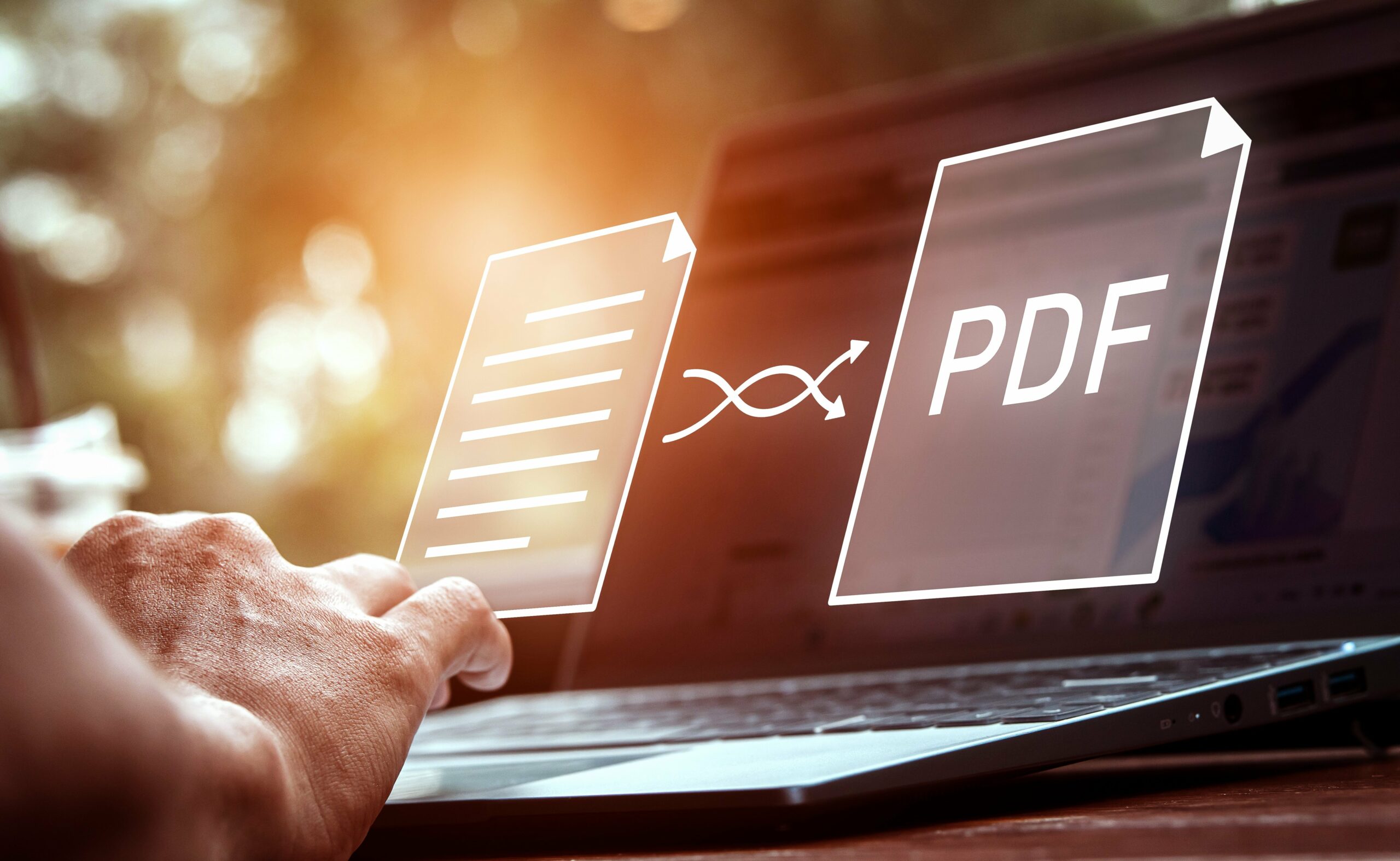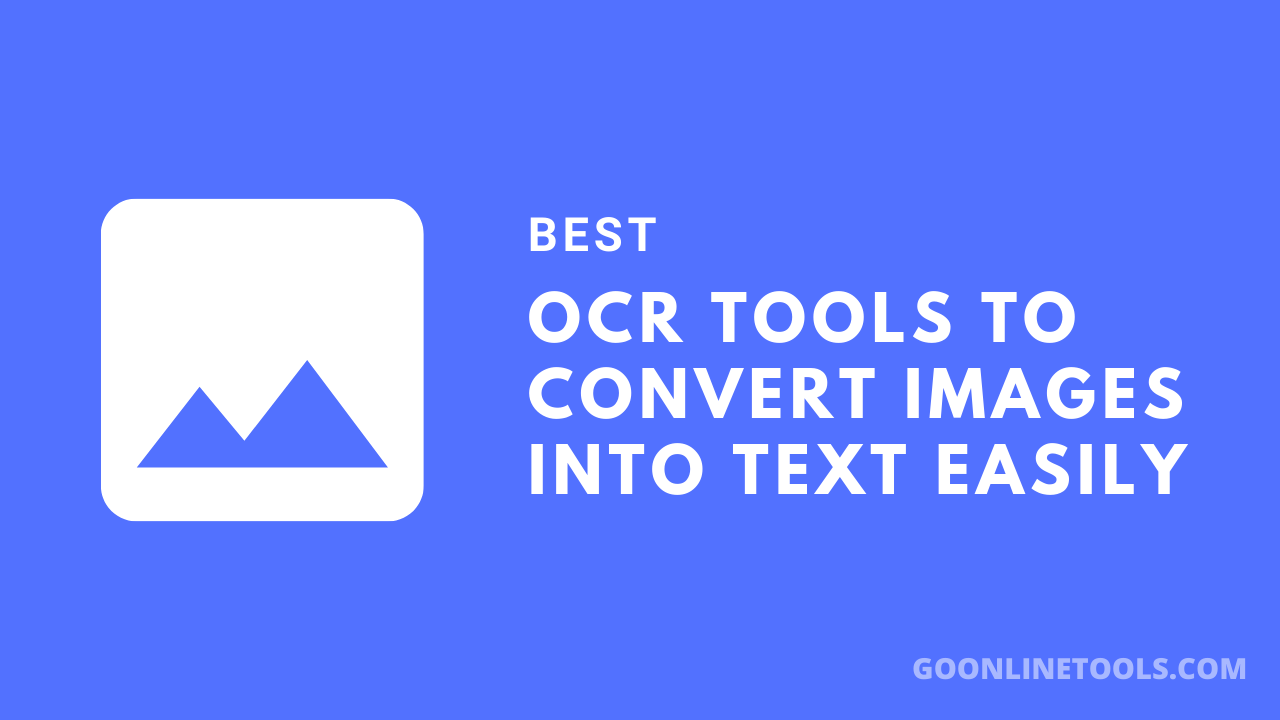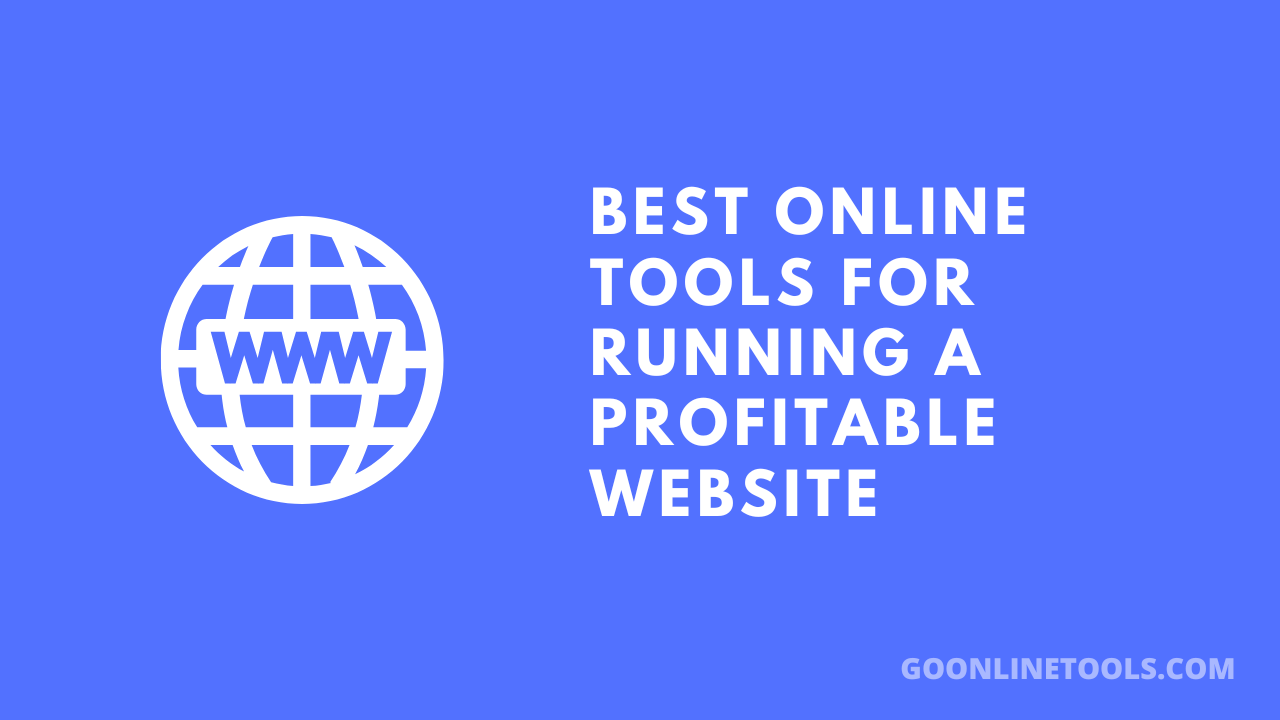
Have you ever faced the hassle of a document not opening because it’s in the wrong format? In our world where everything is digital, converting documents into different formats has become an everyday need for many professionals. Be it a lawyer handling legal documents or a researcher dealing with academic papers, everyone needs their files to be easily accessible and compatible across various platforms.
The goal of this article is simple: to give you a clear and practical guide on the best tools and techniques for document conversion. Whatever their original format, this guide is designed to make your life easier and your work more efficient.
Understanding Document Conversion
Document conversion simply means changing a file from one format to another. It ensures that documents can be opened, edited, and shared across different software and platforms. Whether it’s a Word document that needs to be converted to a PDF, an Excel spreadsheet that should be transformed into a Google Sheets file, or a JPEG image that must be converted to a PNG, the essence of this process is about flexibility and compatibility.
Each document type comes with its own set of challenges when converting. Significant concerns include maintaining the original appearance and ensuring no important data is lost in the conversion process. For professionals, overcoming these challenges is imperative for seamless information sharing and collaboration.
Essential Tools For Document Conversion
When converting documents, having the right tools at your disposal is vital. These tools make the process smoother and ensure your documents retain their quality and integrity after conversion.
Here’s a look at some indispensable tools every professional should know about:
- OCR (Optical Character Recognition) Software: This technology is crucial for converting scanned documents and images into editable text. It’s invaluable for digitizing printed materials, like reports and forms, allowing you to edit, search, and store them digitally. OCR software varies in complexity, with some offering basic text recognition, while others provide advanced features like language recognition and conversion accuracy enhancements.
- Document Conversion Software: These programs are tailored to handle a variety of document conversions, including a PDF editor for specific tasks. While basic converters change a document from one format to another, more advanced software includes features for direct editing within PDF files, batch processing, format preservation, and handling multimedia elements. This makes them especially useful for maintaining the layout and structure of documents during conversion.
- Online Conversion Services: For those who prefer not to download software, online conversion services are a convenient alternative. These platforms are accessible via a web browser and can handle a wide range of file formats. While they’re generally user-friendly and efficient, it’s essential to be mindful of file size limits and security when uploading sensitive documents.
- File Format Converters Built into Office Suites: Many modern office suites come with built-in file format converters. These are particularly handy for converting documents, spreadsheets, and presentations into different formats supported by the suite. They’re a quick and convenient solution for routine document conversion tasks, especially when working within the same software ecosystem.
There’s a multitude of tools offering solutions for various needs and preferences. Whether you’re working with text documents, images, or complex layouts, there’s a tool out there that can simplify the conversion process and ensure your files are ready for any platform or purpose.
Techniques For Successful Document Conversion
Effective conversion of documents is not just about using the right tools. It’s also about employing smart techniques to ensure the best results. These techniques help in making the conversion process efficient and error-free:
- Prepare Documents For Conversion: Before you start converting, it’s crucial to prepare your documents. This means organizing and categorizing your files, which can significantly streamline the conversion process. Ensure your documents are in the best possible condition for conversion by checking for any corruption or compatibility issues. This step reduces the risk of errors during the conversion process and saves time in the long run.
- Choose The Appropriate File Format: It’s important to understand each file format’s strengths and weaknesses. Consider what you need the document for, whether it needs to be edited, and what software the final users have. For example, JPEGs are great for photos due to their compression, but they’re not suitable for text editing. In contrast, Word documents are easier to edit, but may not keep the same formatting on all platforms.
- Maintain Document Integrity During Conversion: This involves ensuring that the formatting, images, and other elements of the document are preserved during the conversion process. Use conversion tools that are known for maintaining layout integrity. Additionally, it’s crucial to check the converted document for any lost elements or formatting issues and make necessary adjustments.
- Implement Quality Control Measures: After converting your documents, it’s essential to implement quality control. This might involve proofreading the documents, checking for any data loss or formatting errors, and ensuring that the converted file meets the required standards. Consistent quality control guarantees accuracy and builds trust in the conversion process.
Successful document conversion is a mix of preparation, careful selection of file formats, attention to maintaining document integrity, and rigorous quality control. By adopting these techniques, professionals can ensure their documents are not just converted but also retain their usability and purpose.
Overcoming Document Conversion Challenges
Every professional encounters hurdles in converting documents, but knowing how to navigate these challenges can make the process smoother. Here are three challenges and effective strategies to overcome them:
- Large And Complex Files: For large files that are cumbersome to convert, breaking them into smaller parts can make the process more manageable. When dealing with complex formats, specialized conversion software tailored for specific file types is essential. These tools are designed to handle intricate details and maintain data integrity.
- Data Privacy And Security Issues: Security is critical, especially with confidential documents. Utilize conversion tools that prioritize secure processing, including encryption and secure storage. Implement secure file transfer protocols to safeguard documents at every step of the conversion process.
- Data Loss Or Corruption: To avoid losing important information, it’s vital to back up documents before conversion. Choose reliable conversion software with error detection features to identify and fix issues promptly. This approach helps maintain the original content and formatting.
By focusing on these areas, you can effectively manage common challenges and ensure a more efficient and secure workflow.
Wrapping Up
Mastering document conversion requires a blend of the right tools and smart techniques. The tips and strategies outlined here aim to make the process more manageable and efficient. By embracing these practices, you can transform the conversion process from a daunting task into a streamlined part of your daily workflow, enhancing productivity and accuracy.
In the digital age, the ability to convert documents efficiently is not just a convenience; it has become a necessity for maintaining the flow of information in professional environments. As you apply these methods in your work, you’ll find that handling various document types becomes less of a challenge and more of an opportunity to showcase efficiency and professionalism.
Editorial Team
The Editorial Team at GoOnlineTools.com specializes in delivering cutting-edge information on technology.
View all postsComments 0
No comments yet. Start the conversation!





